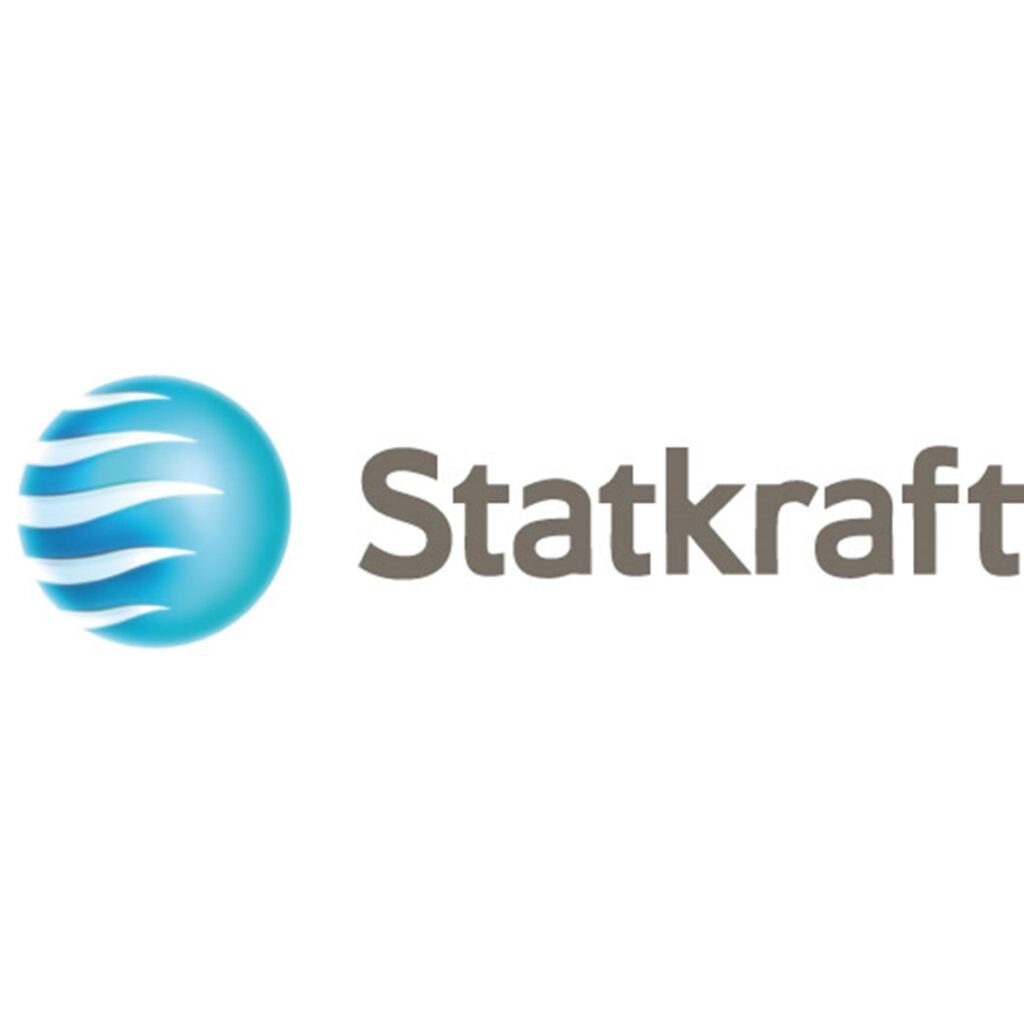With 5,000 employees in 20 countries, the company – which is owned by the Norwegian government – produces hydropower, wind, solar, gas-fired power and supplies district heating.
The team has worked on renewable energy projects in the United Kingdom since 1998, with a UK Statkraft office established in 2006. It has invested more than £1.3 billion in the UK’s renewable energy infrastructure and delivers grid stability services to support National Grid ESO’s target to achieve a zero-carbon electricity system by 2025.
Trecwn Green Energy Hub, which is being developed by Statkraft, is the company’s first green hydrogen project to be announced in the UK.
The Hub is the first of several projects planned by Statkraft, which would create jobs and utilise local knowledge and skills, helping transport switch from using fossil fuels to clean alternatives.
The Pembrokeshire plant, which is planned to be constructed on the site of a disused rail transfer shed at a former Royal Navy armaments depot, would generate approximately three tonnes of green hydrogen a day. This is enough to run a single bus for more than 40,000 miles, or the equivalent of making 350 journeys from Fishguard to Cardiff, but without the harmful emissions produced by traditional diesel or petrol fuels.
Whereas hydrogen is traditionally extracted from fossil fuels, Statkraft’s proposal for Trecwn is for green hydrogen – which is extracted from water in a process powered by electricity generated by renewable energy. In this case, from three wind turbines and ground-mounted solar panels, free from carbon emissions.
It is intended that green hydrogen generated at Trecwn will be used to power trains running on railway lines west of Swansea, delivering many of the benefits of electrification, such as using a zero-carbon fuel, but at significantly lower capital costs and with fewer requirements for new infrastructure. It could also power Pembrokeshire Council’s fleet of HGV lorries and local buses, with the site able to produce enough green hydrogen to run around 170 buses every day, when operational.
The proposal would help support Welsh Government’s Net Zero Strategy to produce the equivalent of 70% of electricity consumption in Wales through renewable sources by 2030, as well as contributing towards the delivery of The Big Green Plan, Pembrokeshire Council’s decarbonisation strategy.
Read more about StatKraft on their website and follow the latest news on LinkedIn.
